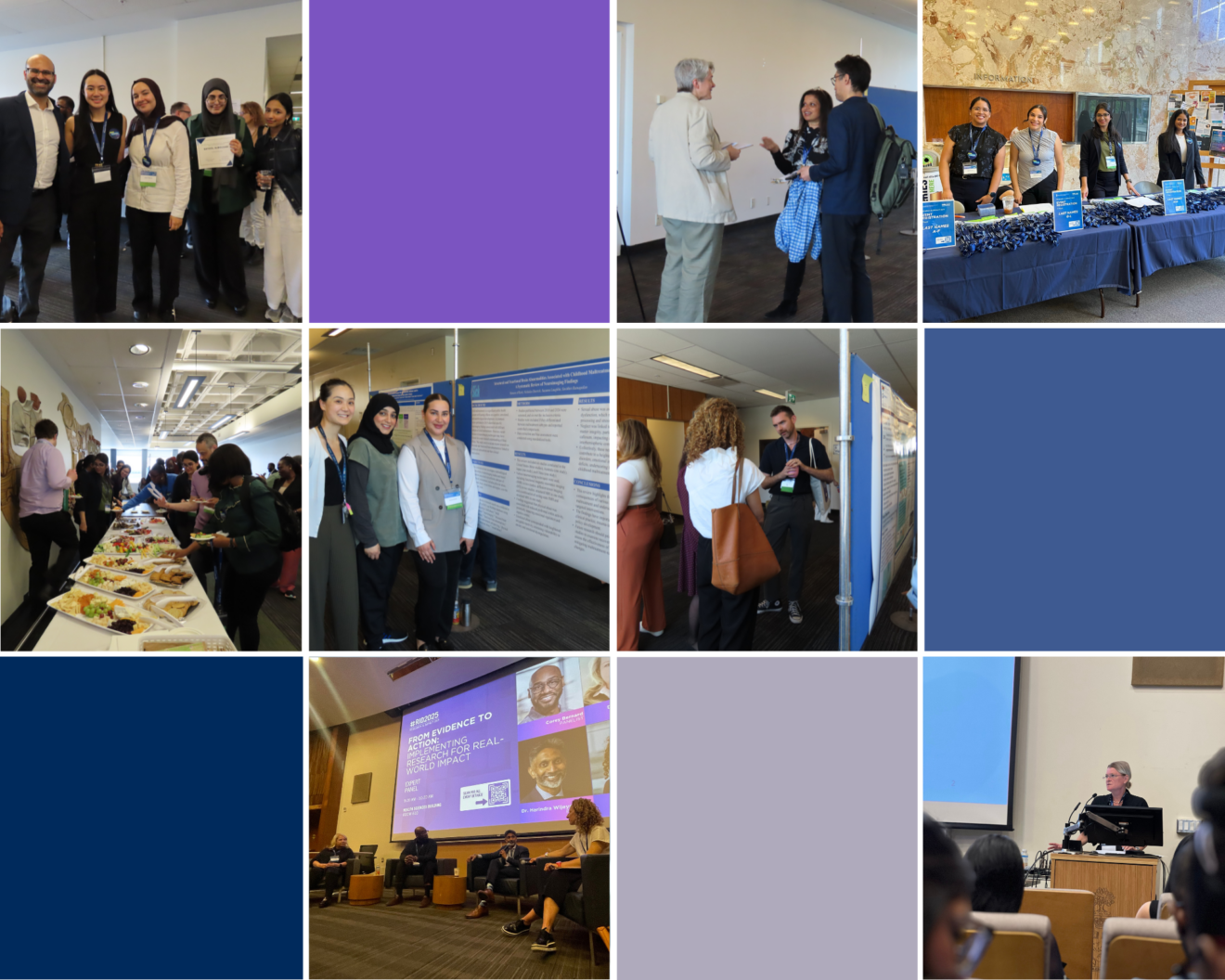A new study in PLOS One examines patient and public acceptability of using administrative health data to identify and contact individuals at risk of chronic kidney disease.
A new study published in PLOS One explores patient and public acceptability of using administrative health data to identify and reach out to individuals at risk of future illness. The study was led by Dr. Don Willison, a faculty member in the Health Systems Research (HSR) and Master of Health Informatics (MHI) programs at IHPME.
The study builds off efforts led by Dr. Ann Young, Investigator at the Li Ka Shing Knowledge Institute at St. Michael’s Hospital in Toronto, who is exploring the use of administrative health data to identify individuals at risk of chronic kidney disease.
Administrative health data are collected at every encounter within the healthcare system, whether through a visit to a provider’s office, a diagnostic test, or an admission to hospital. Although commonly used for research purposes, there is currently no provincial program using individual-level administrative health data to identify and inform individuals of their potential future health risks.
To determine public perception regarding the use of health data for case-finding and outreach, Dr. Willison conducted deliberative focus groups, which included participants living with chronic kidney disease and a sample of the general public. Participants were asked to share views on receiving a letter based on their health data concerning their future risk of developing chronic kidney disease.
The study found that participants were very receptive to the use of health data for this purpose. While they preferred to get the news from their health care provider, receiving this news through a single trusted source or agency would be acceptable so long as their healthcare provider was also kept informed. In addition, they felt clear and comprehensive public communication was essential regarding the uses of their health information beyond direct healthcare, including the legal basis of this. Interestingly, participants without a primary care provider, which is a growing concern in Ontario, were particularly supportive of a program that used health data to identify future illnesses.
Although using administrative health data for case-finding and outreach is not a new concept, it is usually done within individual medical practices. However, many providers may not have the time or resources to undertake case finding and outreach.
Dr. Willison suggested a potential program using this strategy could provide support to providers managing health risks within patient populations. He further emphasized that this approach should complement, not replace, patient-provider interactions in the future management of illnesses.
Patient and public involvement in the planning prior to research and program implementation provide important insights into their roll-out. For example, in this study, feedback from participants in the first three focus groups led to changes in the draft invitation letter to make the message of their “at risk” status less alarming to the reader.
“A major takeaway from this study is the need to build public trust and confidence in a broader use of our healthcare system’s data through transparency and public consultation. Further, this broader use requires a cultural shift from the use of health data strictly for individual patient care transactions to manage the health of populations.”
Dr. Don Willison
“At a policy level, this study reveals the need for greater clarity in existing privacy laws and possibly revisions to these laws to address the circumstances under which administrative health data may be used for this purpose.” This could pave the way for a broader range of approaches for delivering effective data-driven healthcare improvements.
Related News

Sign up for IHPME Connect.
Keep up to date with IHPME’s News & Research, Events & Program, Recognition, e-newsletter.
Subscribe to Connect Newsletter
Get in Contact
Communications
Marielle Boutin
Email Address: ihpme.communications@utoronto.ca





